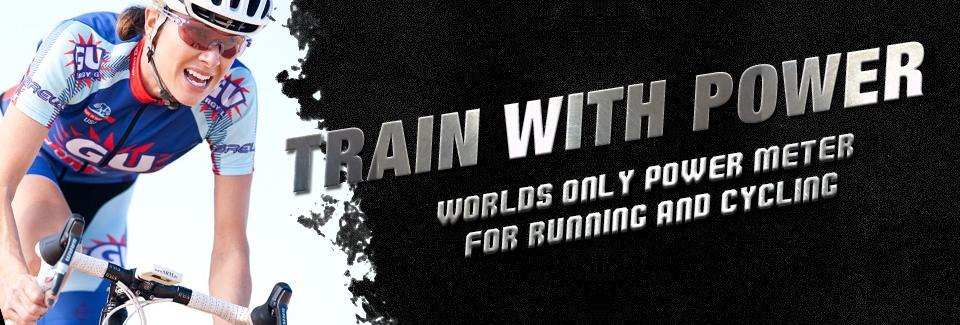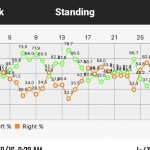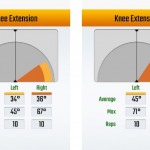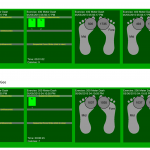As we have mentioned in previous posts, Cylance Pro Cycling’s team member Alison Tetrick has been performing tests with RPM² footbeds. Like the rest of the women’s team, Alison Tetrick has been using RPM² throughout her racing season to monitor power output and bilateral symmetry. When a discrepancy in her symmetry was noticed, she began …
Category Archive: Bi-Lateral Equivalence
Sep 18
Update: Alison Tetrick’s Testing Protocol with RPM2
Last month, we discussed Alison Tetrick’s, of Cylance Pro Cycling, experience using RPM² throughout her cycling season. Even though Alison Tetrick performs wonderfully as a world-class athlete, discrepancies in her power output were detected during product testing. In 2010, Alison suffered a traumatic injury that resulted in a broken pelvis. While she has continued to …
Aug 19
RPM2 And Cylance Pro Cycling to Measure Effects of Crashing on Rider Symmetry and Range of Motion
As we have mentioned in previous blogs, RPM² is a proud sponsor of the Cylance Pro Cycling team. The cycling team’s athletes have been conducting rigorous tests with our remote performance monitoring systems to evaluate their training and performance. Recently, one of Cylance Pro Cycling’s athletes detected an inconsistency with her data that led to …
Jun 17
Results from Mirinda “Rinny” Carfrae’s Elite Training Camp
A few weeks ago, we posted pictures and news from our team’s recent outing to Mirinda Carfrae’s Elite Training Camp in picturesque Colorado. Mirinda “Rinny” Carfrae is a three-time Ironman World Champion. As a dedicated triathlete, Mirinda Carfrae helps budding athletes reach their physical peaks by hosting training camps throughout the year. Our CEO and …
Feb 28
How Weak Glutes Affect Your Running Performance
As an elite athlete, you know the importance of maintaining a strong core, but there’s another “core” muscle group that often gets neglected in a runner’s strength training program: the glutes. These strong, large muscles should play the starring role in your running activity rather than allowing the smaller, supporting muscles to take over. When …
Oct 20
Incidence of Injury and a Runner’s Gait
Can injury and discomfort during running be prevented by adjusting a runner’s gait? In the past, our posts have discussed the importance of gait analysis and fluid biomechanical movement. We have also discussed common injuries among triathletes and long distance runners such as plantar fasciitis, shin splints, and runner’s knee. When it comes to injury …
Sep 05
Key Fundamentals for Understanding Speed
Improving speed is a common goal for any athlete. One thing that can help an endurance athlete overcome plateaus or push their performance to the next level is understanding the mechanics behind speed and adjusting training to achieve fluid, biomechanical movement. This week, our team at RPM² discusses important fundamentals that relate to speed. Bi-Lateral …
Aug 21
Common Injuries in Runners: Shin Splints
Every runner has felt a throbbing or dull pain along the shin bone, often accompanied by mild swelling, at one time or another. This common overuse condition is called shin splints, and it is characterized by inflammation of the shin bone (tibia) and surrounding muscles, tendons, or other soft tissues. Fortunately, this condition, formally called …
Aug 14
Staying Motivated as a Triathlete
“You can quit if you want, and no one will care. But you will know the rest of your life.” – John Collins The inherent variety of the triathlon typically keeps you more motivated to train than a single sport does. However, mixing it up doesn’t always do the trick in helping you stay motivated. …
Jun 12
Common Injuries in Runners: Plantar Fasciitis
Considering that your feet absorb a force of about three times your body weight with each stride, it is not surprising that 15 percent of all running injuries affect the feet. The most common foot injury in runners is plantar fasciitis, a condition that causes pain in the heel and along the arch. With the …












